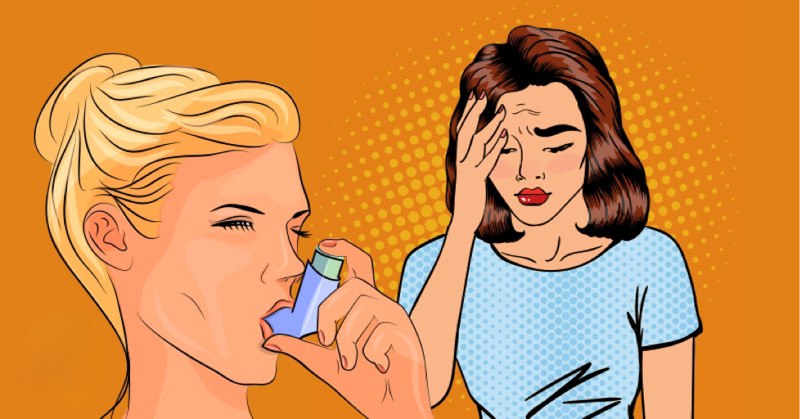What Causes a Heart Attack? 13 Health Conditions to Watch For
Heart attacks can develop gradually over time or strike suddenly. Understanding these triggers and taking preventive steps can make all the difference.
While it may seem like heart attacks are mostly caused by factors beyond your control, your daily choices can significantly increase your risk. The good news? By making healthier decisions, you can lower your chances of a heart attack naturally. Below are 13 common-often overlooked-triggers and practical ways to counteract them.
13 Heart Attack Triggers (and How to Avoid Them)

1. Cold Weather
Cold temperatures cause arteries to constrict, forcing the heart to work harder. Activities like shoveling snow can increase the risk of heart attacks.
Solution: Dress warmly, no matter how bulky you look. Shoveling alone sends 11,000 people to the hospital each year, with 7% suffering cardiac issues.

2. Gum Disease
Bacteria from gum infections can enter the bloodstream, latch onto fatty deposits, and cause clotting, which may lead to heart attacks.
Solution: Floss daily and try natural remedies like saltwater gargles or oil pulling to reduce infection risks.

3. Lack of Sleep
Getting fewer than six hours of sleep per night can double your risk of a heart attack due to increased blood pressure and inflammation.
Solution: Prioritize rest and relaxation techniques like yoga to improve sleep quality.

4. Overeating
Large, heavy meals can trigger a heart attack within 24 hours due to increased norepinephrine levels, which raise heart rate and blood pressure.
Solution: Eat smaller portions and pace yourself to avoid overloading your system.

5. Air Pollution & Car Exhaust
Tiny particles from vehicle emissions can increase the risk of blood clots and heart attacks.
Solution: Carpool, bike, or use public transport to minimize exposure. Adding air-purifying plants to your home can also help.

6. Strong Emotions (Both Positive & Negative)
Extreme emotions can disrupt your heart’s electrical impulses, increasing heart rate and blood pressure rapidly. Grief, in particular, heightens heart attack risk within the first 24 hours.
Solution: Practice deep breathing and seek support from friends, family, or counselors during emotional distress.

7. Processed & Canned Foods
High sodium levels in processed foods contribute to high blood pressure, a major heart attack risk factor.
Solution: Monitor sodium intake as carefully as you do fats and carbs. Choose fresh, whole foods whenever possible.

8. Migraines
Frequent migraines, especially those accompanied by auras, are linked to a higher risk of heart problems later in life.
Solution: Natural remedies like essential oils and specific stretches may help relieve migraine symptoms.

9. Getting Out of Bed Too Quickly
Heart attacks are most common in the morning due to a surge of hormones and dehydration after a night’s rest.
Solution: Hydrate before bed and keep a glass of water nearby to drink first thing in the morning.

10. Colds & Flu
Respiratory infections can inflame arteries and double the risk of heart attacks.
Solution: Strengthen your immune system with natural remedies like honey, cinnamon, and ginger-garlic soup.

11. Alcohol Consumption
While moderate red wine intake may be beneficial, excessive drinking raises blood pressure, cholesterol, and heart attack risk.
Solution: Drink in moderation or explore non-alcoholic alternatives that are just as enjoyable.

12. Sudden Physical Exertion
Unprepared, high-intensity activities such as intense workouts, sports, or even sexual activity can shock the heart.
Solution: Build endurance gradually and listen to your body. Start slow and increase activity levels over time.

13. Asthma
Asthma medications and inflammation can elevate heart attack risk, especially in smokers or those exposed to pollution.
Solution: Avoid smoking and limit exposure to airborne pollutants as much as possible.
By recognizing these hidden heart attack triggers and making healthier choices, you can significantly reduce your risk and protect your heart.






